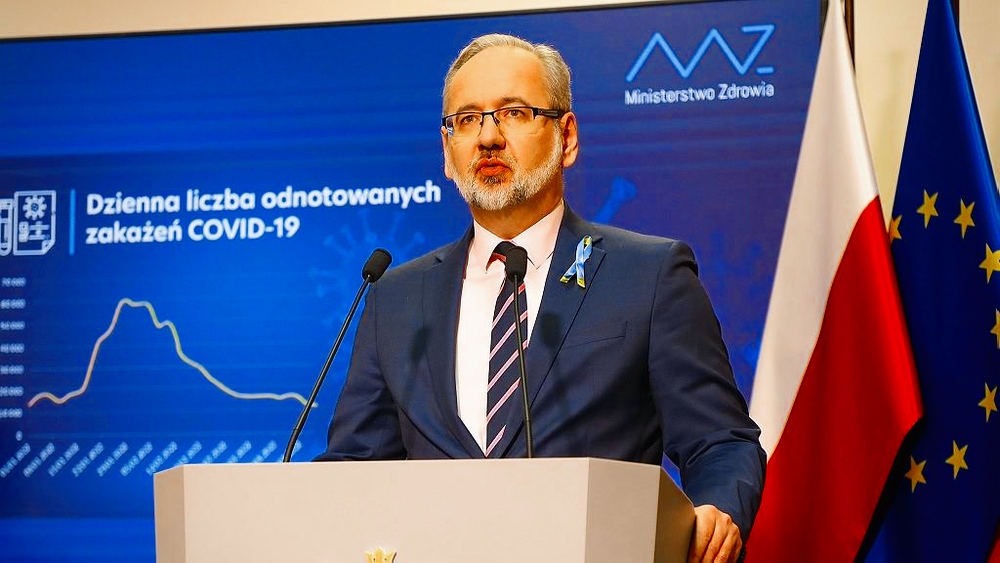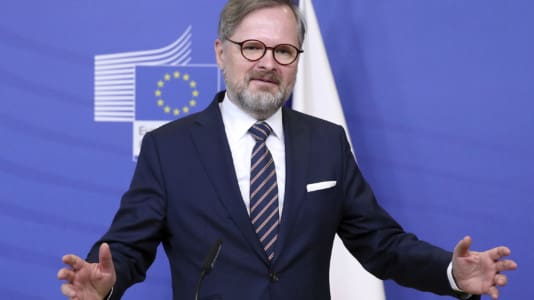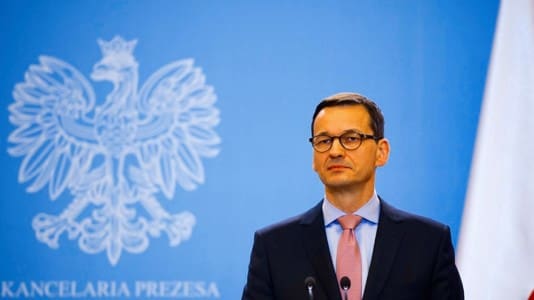The wearing of face masks across Poland will no longer be mandatory from March 28, with the exception of health facilities, the country’s Health Minister Adam Niedzielski announced on Thursday.
The government is still recommending the wearing of face coverings at large gatherings to increase safety, however this will become an individual and voluntary decision.
At the same time, mandatory quarantine and isolation requirements will also be lifted, however, individuals who test positive for Covid-19 will still be urged to isolate themselves.
The government will still reserve the right to reimpose compulsory quarantine and isolation requirements to handle any local outbreaks of the disease.
“Today, we have 8,994 new cases, which is nearly 26 percent fewer than a week ago,” Niedzielski told reporters, explaining that the new rules are a result of declining coronavirus cases.
He added that for the past four days, Poland had seen significant decreases in Covid-19 infections and the government expected hospitalizations and infections to fall dramatically by the end of April.
Niedzielski informed that the state of epidemic, which is still in force, could be changed to a state of epidemic emergency, which would mean a step down. Until Poland has declared that the epidemic danger had passed, all employees tested positive for the disease will not be allowed to show up at work, and instead they will need to stay at their homes on sick leave.
Krzysztof Guszczyk, from the Main Sanitary Inspectorate (GIS), did not rule out the potential need for further doses of the Covid-19 booster vaccines may be needed.
“It is possible that more booster doses will be needed, but for those at risk of developing severe disease,” he explained.
Previously, Poland made changes to its pandemic restrictions on March 1, 2022 ,when it brought back stationary work for the state officials, allowed clubs to reopen, and lifted the limits for the amount of unvaccinated people allowed to stay in shops, churches and public facilities at the same moment.





